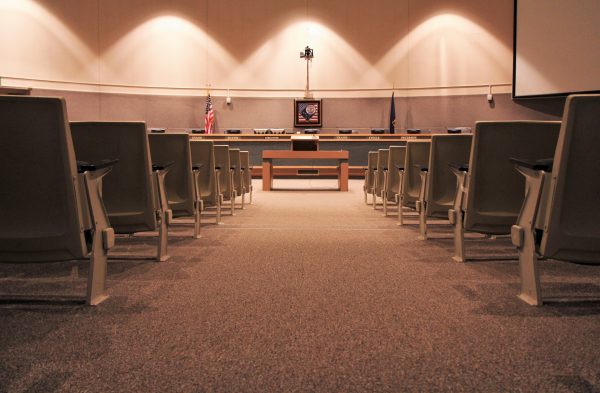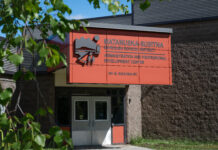
On Wednesday evening, the Anchorage Assembly passed a wide-ranging spending plan for more than $100 million in federal CARES Act funding allocated from the state. Among other uses, it includes money for housing assistance, child care, jobs programs and small business and nonprofit relief.
Public testimony on the proposed plan came largely from members of the hospitality industry, who say they have been hit hardest during the pandemic by recent emergency orders — in particular EO 15, which closed restaurants and bars to indoor service for four weeks. Melissa Hutchinson, a waitress and dayshift supervisor at Gwennie’s Old Alaska Restaurant called in to the meeting.
“We have done everything in our power to keep our community safe. By all means most people in my industry have done the exact same thing,” she said. “We don’t understand why we’re being singled out.”
Industry representatives asked the assembly to allocate $27 million for emergency relief. After some debate, the assembly ended up allocating about $14 million, specifically for hospitality and tourism. Assembly chair Felix Rivera says there’s an additional $15 million in a contingency fund that could be used if pandemic restrictions continue to impact those businesses.
“For October, November, December, if things change because of the virus, [we can] tap into that fund to mitigate whatever changes may occur. So, many members are looking at that as another opportunity to assist businesses as the need arises.”
The assembly also added a condition for the Berkowitz administration to not spend any money yet on programs that they are planning to review with the U.S. Treasury Department. That includes the property purchase for treatment and homelessness resources.
The spending plan also passed with an amendment to collect demographic information such as race, sex or income bracket of recipients. Assembly members in support of the amendment say it’s an effort to monitor whether the money is being distributed equitably in the community.
Kavitha George worked at Alaska Public Media from 2021 to 2024. Her coverage areas included statewide politics and climate change.





